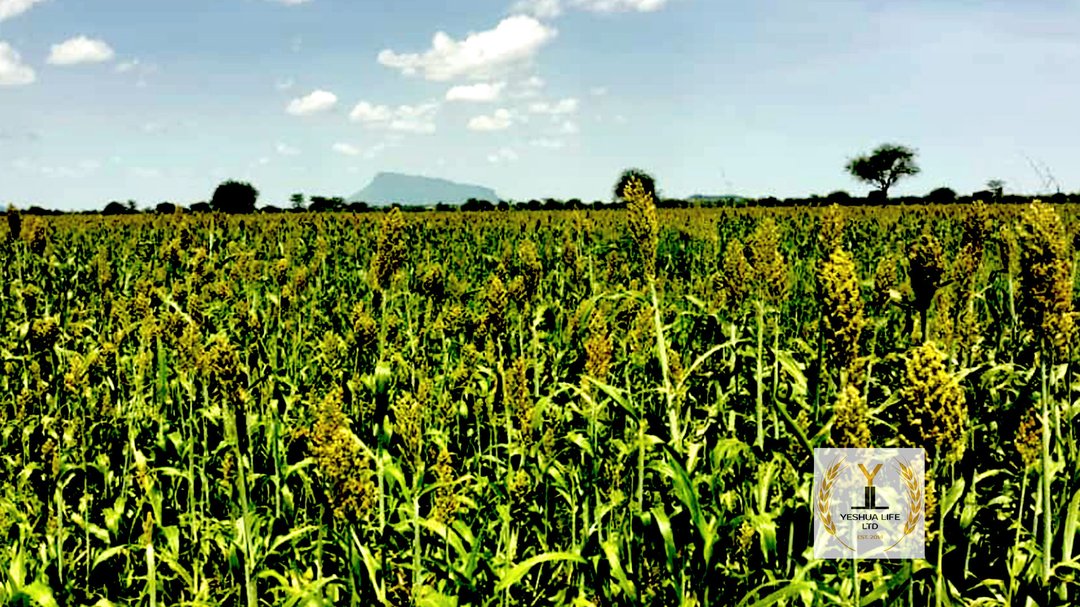In the Karamoja region, our initiative is focused on increasing sustainable agricultural productivity as a key strategy to enhance the socio-economic stability of local households. This approach is designed to tackle the pressing challenges of hunger and climate change while fostering a resilient agricultural framework.
Central to our strategy is the implementation of innovative farming techniques that are both environmentally sustainable and effective in boosting crop yields. By introducing improved seed varieties, advanced irrigation methods, and sustainable land management practices, we aim to significantly increase the agricultural output of the region. These practices not only enhance the productivity of the land but also ensure its viability for future generations.
Moreover, our initiative includes a strong component of community engagement through the Community Quality Improvement approach. This involves regular discussions with local leaders, opinion leaders, women's groups, and youth groups to address the unique challenges faced in food production. These collaborative meetings serve as a platform for exchanging ideas and devising practical solutions that are specifically tailored to the needs and conditions of Karamoja.
Over the course of the next three years, we anticipate that these measures will lead to a marked increase in food production, thereby reducing hunger and improving the overall quality of life for the local population. Additionally, by empowering the community with the skills and knowledge to manage their agricultural resources sustainably, we are laying the groundwork for lasting socio-economic development in the region.
Through increased sustainable agricultural productivity, we are not only addressing immediate food security needs but also contributing to a stable and prosperous future for the Karamoja region. This initiative underscores our commitment to harnessing agriculture as a catalyst for socio-economic resilience and long-term sustainability.
